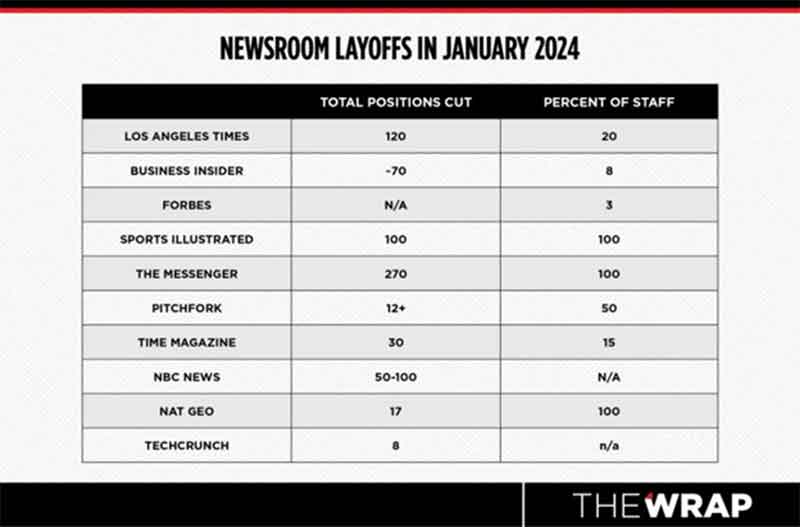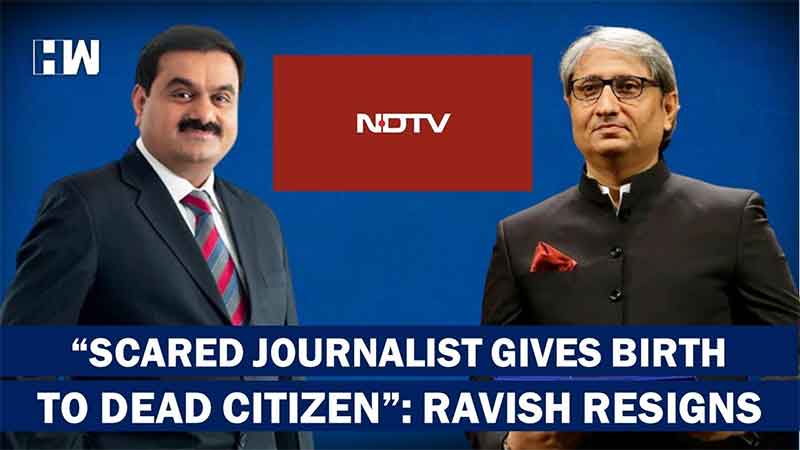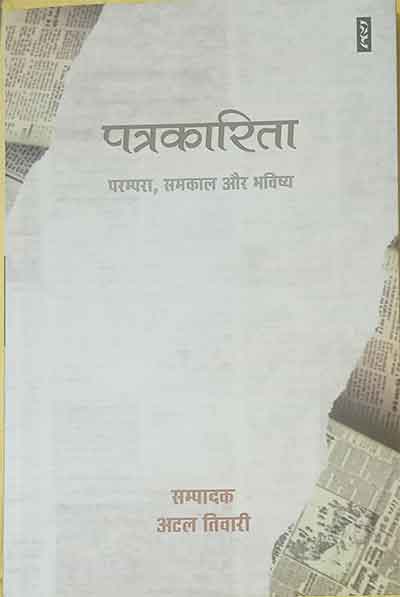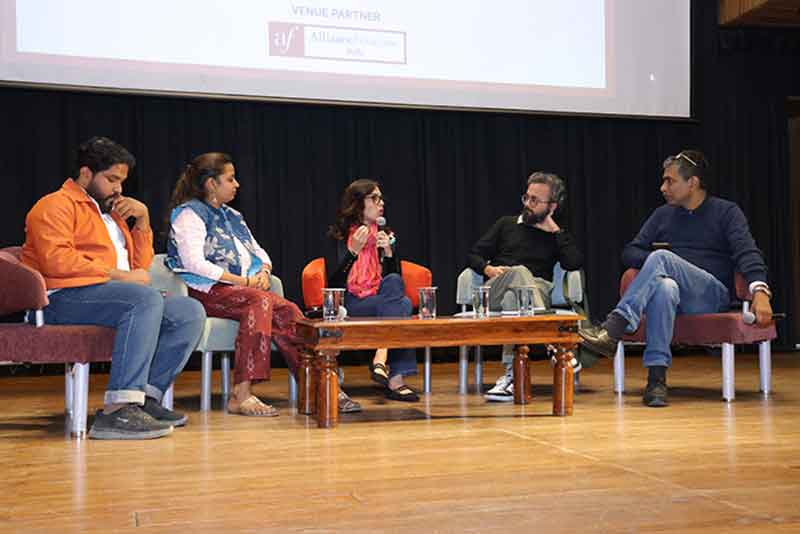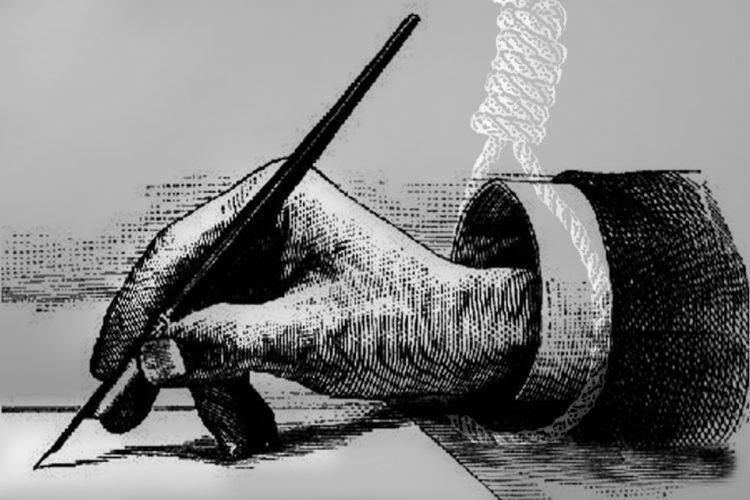
• Journalists, because they can rub shoulders with so-called VIPs, start thinking that they too belong to the elite circle. Over the years many in the profession enjoying good perks, have started looking down on trade unions of journalists. But with Covid leading to loss of jobs and health hazards, it is time for a rethink.
• In Maharashtra the death of a promising young TV journalist in Pune yesterday has jolted the profession. Pandurang Raikar, 42, a father of two children, died allegedly because he failed to get proper treatment. The political class has had to take cognisance because of its proximity to journalists.
• Journalists should realise that the reflected glory they enjoy with proximity to power is illusory and they need to organise themselves, start identifying with the masses. Joining a union may be not be easy in these times but they do need to become more aware of the harsh world with its inequality.
• In the United States too there is realisation among doctors that they must unionise because of hazardous working conditions and can no longer parade themselves as belonging to an elite profession. American medicine has long functioned as an elitist institution, putting professional prestige over the well-being of patients and physicians alike. It’s time doctors unite behind the fight for health justice, say three doctors in a recent article in the Boston Review.
. The response of the largest professional organization of physicians, the American Medical Association (AMA), has been woefully inadequate in the face of this national crisis. Its efforts have focused on lobbying an administration that has consistently downplayed issues of workplace safety and called the deaths of health care workers a “beautiful” act of sacrifice, “just like soldiers run into bullets.” This stands in sharp contrast to National Nurses United (NNU), which has aggressively advocated for workplace protections amid this pandemic—filing over 125 complaints with the Occupational Safety and Health Administration in 16 states to protect its workers from unsafe environments. On International Workers Day the union supported nationwide protests of nurses at 139 hospitals across 13 states to demand adequate safety protections. The union’s membership, already 150,000 today, is climbing.
A long history of medical elitism prevents doctors from identifying as workers who can collectively organize for their rights and as advocates who can stand in solidarity with movements for social justice, say Marco Ramos and two other doctors.
COVID-19 should be a reality check for physicians. It shatters any illusion that doctors do not function as labor-for-profit in the current health care system. I reflected on this incident with my colleagues Marco Ramos and Tess Lanzarotta, one a psychiatrist and both historians of medicine. We came to feel it crystallized the way COVID-19 has exposed the deep rifts, fissures, and inequities that undergird health care under racial capitalism in the United States. We have seen that our society is willing to exploit frontline medical workers and force them to work in unsafe environments, without access to PPE. The answers lie in the distinctive history of medical labor under U.S. capitalism. Throughout the twentieth century physicians in the AMA cultivated an understanding of medicine as an “elite profession”—generally coded as white, affluent, and male. This racist, sexist, and classist image of the “good doctor” continues to impede physicians’ ability to effectively advocate for themselves and their patients today. Medical elitism prevents doctors from identifying as workers who can collectively organize for their rights or as advocates who can stand in solidarity with movements for social justice
• Journalists were not shy of joining trade unions in media houses in the old days. When I joined the Times of India in Mumbai in 1968, our chief reporter V.N. Bhushan Rao was the president of the Indian Federation Working Journalists, IFWJ, a powerful organisation . In the same year it conducted a nearly two month long strike of journalists all over the country.
• Then in the eighties the pernicious contract system was introduced creating division among journalists and weakening of the trade union movement in the profession. This has had long term adverse consequences.
Vidyadhar Date is a senior journalist and author of a book on public transport
SIGN UP FOR COUNTERCURRENTS DAILY NEWSLETTER

